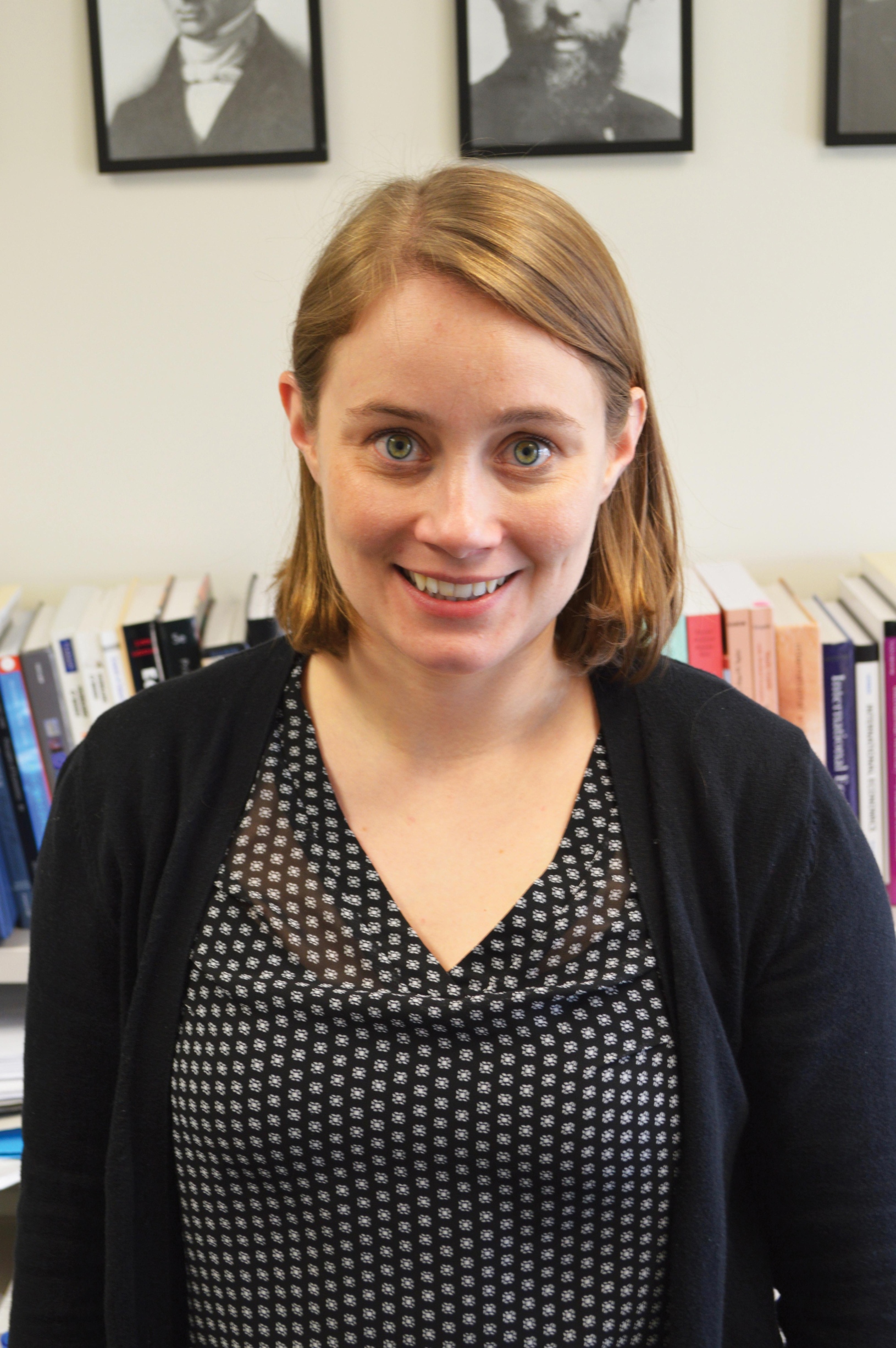Professor’s paper gets big award
An associated professor in the Jon M. Huntsman School of Business won a $1,000 prize for the best paper in the journal Public Choice.
Diana Thomas’ paper entitled “Two-tiered political entrepreneurship and the congressional committee system” argues when political entrepreneurs – somebody in the political process who pursues their own interest – aren’t allowed to pursue their own interest, they change the rules of the game.
The paper uses the evolution of the Congressional committee as an example, Thomas said.
“If you don’t get what you want, you move up the levels or tiers, from bureaucratic to Congress to the Constitution,” she said.
The paper looks at rule changes from political actors, she said.
“It’s about what individual people want,” Thomas said. “Politics is not about public interest.”
Public choice is a subfield of public economics. It is everything relating to government and applies economics to politics, she said.
“The field of public choice applies the concept of rational self-interest, an essential characteristic of individual behavior, to the public sector or politics,” said Tyler Bowles, USU professor and head of the economics and finance department. “One of the important insights provided by the theory of public choice is that while rational self-interest by individuals in the private sector produces socially-desirable outcomes, rational self-interest in politics often results in boondoggles. For example, Congress recently passed a farm bill that transfers income to one of the wealthiest segments of society – farmers.”
General insights in public choice should be interesting to anyone, Thomas said.
“Rules aren’t set in stone,” she said. “They change to benefit public choice. It is specific interest, not majority rule.”
Gordon Tullock was the founder of Public Choice. The Gordon Tullock Prize is given to the best paper by a younger scholar or scholars. It was created to encourage young scholars, said William Shughart, editor of Public Choice.
To be published in the journal, a scholar needs to have their paper accepted by Shughart. Once it is accepted, the paper is put in the running for the prize.
Public Choice is one of the top-35 economic journals and is among one of the top-30 political science journals, he said.
“We appeal to a certain audience,” Shughart said.
Six hundred manuscripts are submitted every year, and 12 to 15 percent are published. Twenty-five to 30 percent of the papers are rejected due to flaws in analysis or the model. Last year 500 manuscripts were submitted, he said.
He said the decision process is simple.
“If it has to do with the intersection of economy and political science, and if it uses the theories of economics and applies that to decision-making in non-market settings, the institution where those choices are made matter,” Shughart said.
Shughart said he gets papers from the Middle East, South America and Asia.
“All submitted manuscripts go to me first,” Shughart said. “I look at the abstract, the sources and introduction. I ask myself if it would be interesting to our readers. If not, they get a desk rejection.”
If it is interesting, the paper gets assigned to one of three associated editors. The Gordon Tullock Prize winner is chosen selectively by the editors. In January, the associated editors are asked for nominations. They have to pick one of the six nominations, he said.
“There’s no controversy over the winner,” Shughart said. “To get selected to be published is an honor, but to be the best of the 12 to15 percent is quite an honor.”
Because Public Choice is such an elite journal, it is a notable professional accomplishment just to have an article published, Bowles said.
“Diana has further distinguished herself by having her article recognized with the Gordon Tullock Best Paper Award,” he said.
The Gordon Tullock Prize has been around since 2005, Shughart said.
“Diana is the first woman to win the prize ever,” Shughart said. “Diana being at Utah State is just a coincidence. It is and was a very good paper. It was well-deserving of the prize. I felt very comfortable accepting her paper and awarding her the prize.”
Thomas was excited to be awarded the prize, she said.
“I was pretty excited about it,” Thomas said. “This is my specialty. My work is appreciated. I hope it was the most interesting paper to read.”
– marissa.neeley@aggiemail.usu.edu

